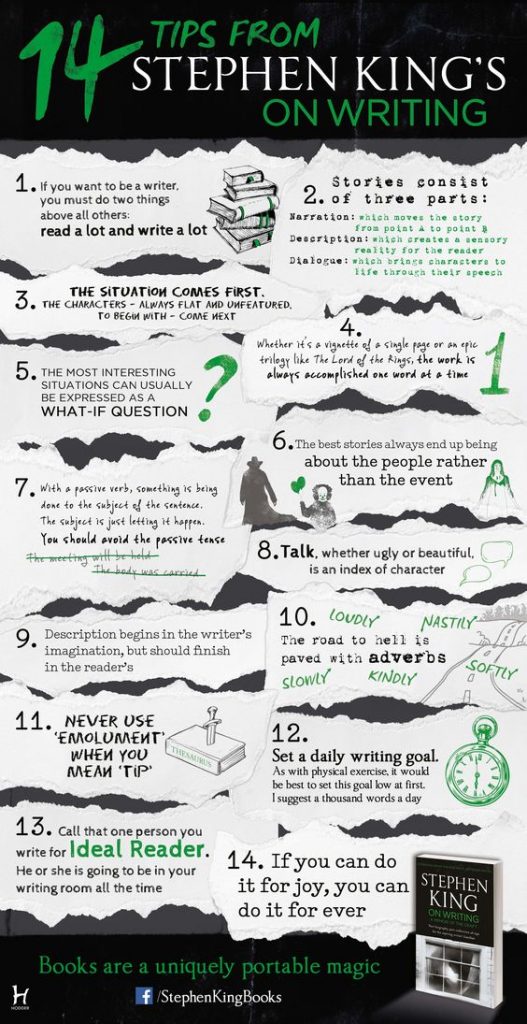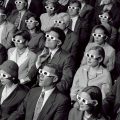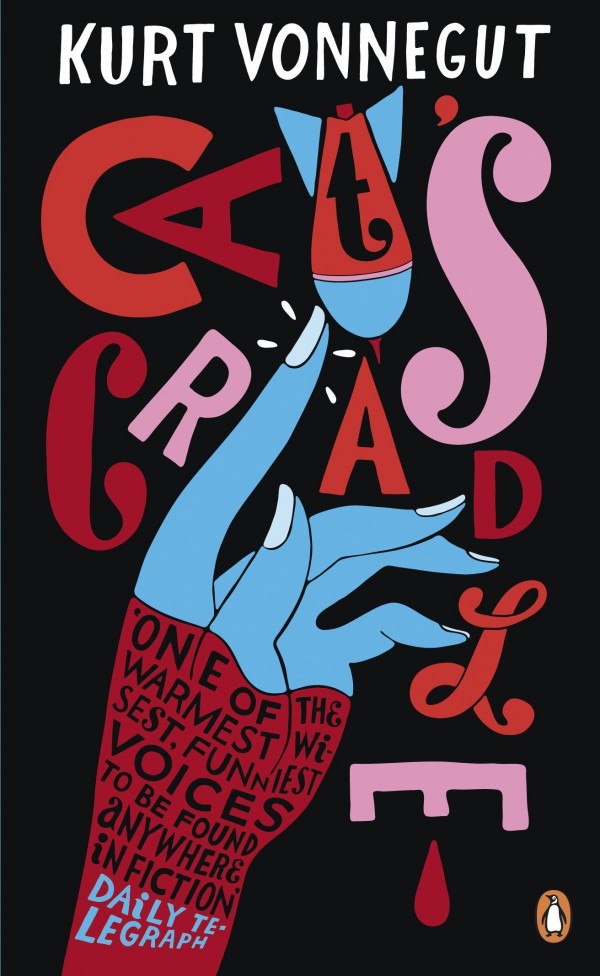When I was ten or so, my mother bought me the classic children’s book A Wrinkle in Time by Madeleine L’Engle. It sat on my shelf for twenty years. But with the film coming out in a few months, I decided it was finally time to read it. The novel won the Newberry Medal and paved the way for the modern YA market. Many people fell in love with the novel as kids, holding a special place in their hearts ever since. But what did I think?
Well, it was ok. It was easy to read and it ran along at a good pace. But I certainly had my issues with it. For instance, none of the so-called protagonists actually drive the plot (stuff just happens to them), the way they overcome the ‘evil’ is rather vomit-inducing in its sappiness, and the number of adverbs used in speech tags was aggravating (‘she said angrily’, ‘he announced loudly’). The characters are barely more than cardboard cut-outs. All in all, the novel feels rather undercooked.
Why, then, do so many people love the novel? Why has it had such an enormous impact?
It occurred to me that everything I ‘know’ when it comes to what makes good writing, to the point of dictating my taste (what I do and don’t like), is learned. I’ve had years of literature classes and a creative writing degree that taught me characters and plots should be a certain way, that adverbs are the devil, that coincidences and clichés should be avoided. Would I have felt this way had someone not first told me I should disapprove of them? None of us will ever be able to approach a piece of writing, an artwork, a film with a clean slate. We bring our entire contextual history with us every time.
From the day we are born we are conditioned to like and dislike certain things. From the reactions of those around us, our cultural context, the development of comfort borne out of familiarity… As a small child, I was blasé about needles. That is until I saw my father struggle with it and have to be strapped down for a blood test. Ever since, I’ve had panic attacks and fainting spells whenever I have to get an injection. And despite my being aware of the trigger (and having had CBT), I continue to have difficulties with needles.
The same goes for almost anything we experience in life. If we pick up a book that someone else immediately pulls a face at and dismisses, we are predisposed to dislike that book.
I value my literary education. But I also recognise that learning about literature can damage our critical faculties as much as it enlightens them. I have read plenty of books that use adverbs generously, tacked on to almost every speech tag. Until I was taught not to do this, that there are almost always more elegant ways to convey this and that if you require an adverb to convey meaning for dialogue your dialogue isn’t good enough, I never had an issue with this style of prose. But now I know better – or do I? Given it is a common and ordinary part of the English language, it is hardly surprising that it is used by a lot of people when writing fiction, whether they were published hundreds of years ago or yesterday. So how does it help me to believe that it is ‘wrong’?
Who made these rules? And why should we follow them?
As time goes on, we tend to believe that we grow more sophisticated. It’s very easy to see that when it comes to filmmaking, for instance. Each new technological advancement of the camera reinvents what ‘good’ looks like, so much so that it becomes an ever-moving goalpost. We were used to ordinary high-definition, but now there is 4K… Shots used to involve the camera being static, placed on an unmoving tripod. But then we invented camera tracks and steadycams, so that a perfectly still camera made for an ‘uninteresting’ and ‘basic’ shot. The same can be said of writing.
The more we play with our artistic endeavours, the more we refine our craft. But does that mean that what was in vogue a hundred years ago is necessarily of lesser quality?
Fashions and opinions change. Remember that all the so-called ‘rules’ are just one opinion. While none of us will ever be able to abandon our contextual baggage when approaching a new piece of art, try to be aware of the preconceptions you are bringing to the table. You might surprise yourself with what you find you enjoy as you strip away what you’ve been taught you should appreciate and simply enjoy on your own terms.
 Pop Verse Pop Culture Universe
Pop Verse Pop Culture Universe








Enjoyed the post. Agreed. I recall Steven Spielberg praising one of Ed Wood’s movie even with the obvious technical flaws because it added to the story. But this was from an article about VFX. The greatest clamour is that technology is great but stories are not (hence those big tent bombs). My only problem is they put so much effort in the VFX but they don’t slow down or the scene is too dark to enjoy the work. It’s like that comic book artist who spent so much time retouching an image in Photoshop and the before and after really did not make much of a difference (to his own admission). Readers also just glance this and move on…nuff said.